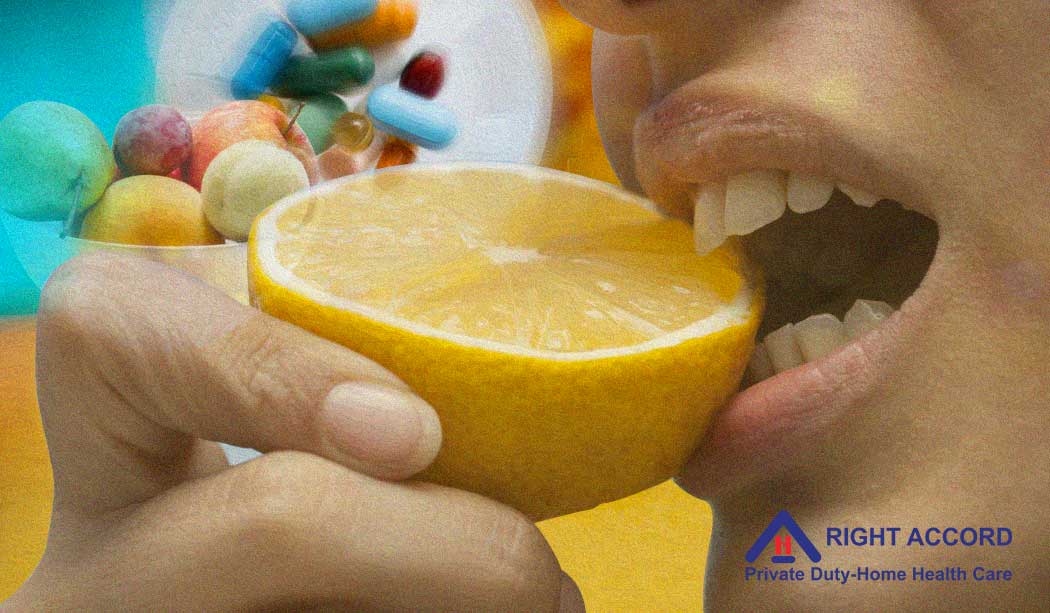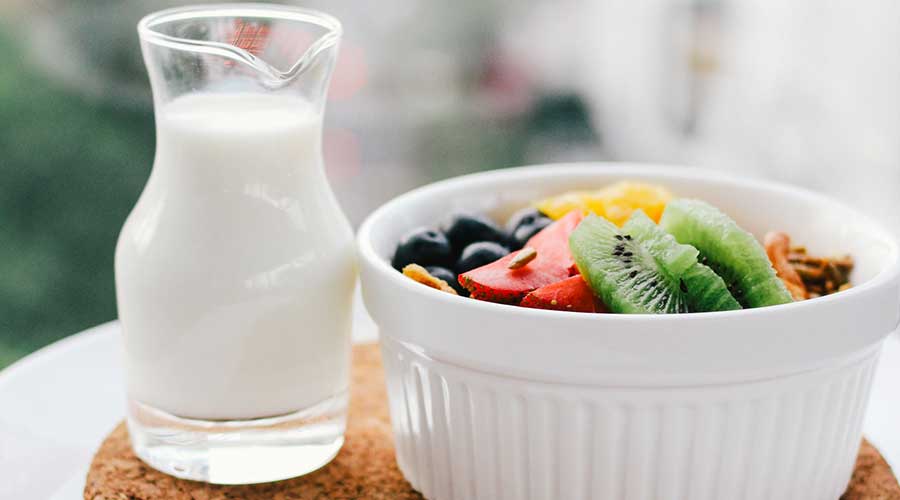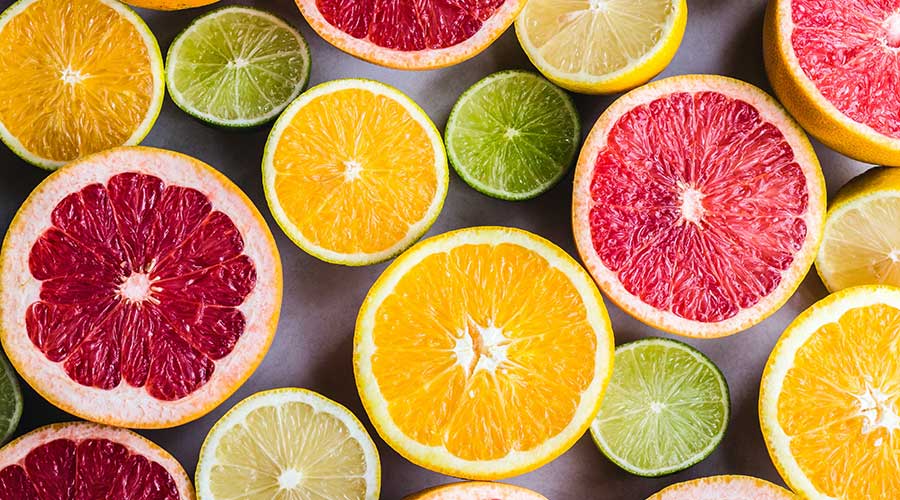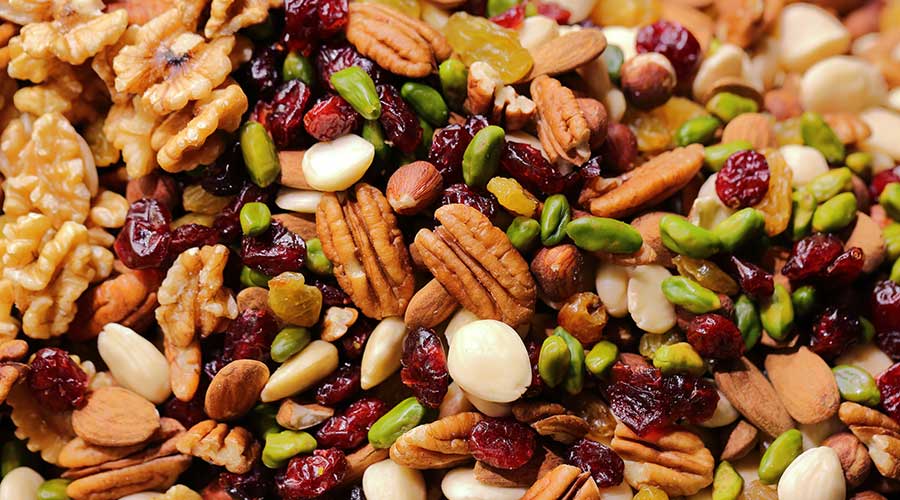· 10 min read
How to Boost your Immune Health and Beat Coronavirus Disease
Know the different ways and supplements to take in order to strengthen your immune health and reduce the risk of infection against COVID-19.

By: Rosemarie Tamunday Casanova — RN, BSN, MHA
As there is no specific treatment available yet for COVID-19, with the management being mostly aimed at alleviating the symptoms, surely there must be a way one can protect themselves from the disease, or at least greatly reduce their chances of contracting it.
How can you reduce your risk of infection?
Strengthening Your Immunity

Photo by Kamila Maciejewska on Unsplash
As the very popular saying goes, “Prevention is better than cure”.
It is generally more cost effective to prevent an illness than to treat same.
It also saves the individual the physical and mental stress of illness.
One of the major ways to protect oneself in infectious disease epidemics such as the covid 19 asides following the recommended guidelines for prevention and control as have been discussed above is boosting your own immunity.
People who have strong immune systems are far less likely to come down with infections even with exposure to the causative agent.
The body on its own already has mechanisms put in place to fight any foreign agents, ranging from physical barriers, to humoral, and to cellular immune mechanisms.
How Then Can One Improve Their Immunity?
For viral infections like the Covid-19, cell-mediated immunity involving the recognition and/or elimination of a virus and the cells infected with it is important in the protection against them.
Viral infections also stimulate antibody production by the B lymphocyte cells which is the humoral component of the immune response. A stronger immunity will prevent a viral infection in the first place, and equally mean a less severe and shorter course of infection.
Certain factors play a role in boosting the immunity levels and they include:
Getting Adequate Sleep Which Helps to Strengthen the Immune System
It enhances the binding of antigen-presenting cells with CD4+ cells, stimulates the production of interleukins, increases the effectiveness of CD8+ cells, and increases the production of antibodies. Sleep-deprived persons are at a higher risk of viral infections due to a weaker immune system.
The growth hormone also has a role to play in immunity. It is released during the first phase of sleep and induces the production of Interleukin -12.
Lifestyle greatly affects the immune system of a person in relation to exercise, diet, age, stress, etc.
This is more or less the first line of defense, as it enhances not just your immune system, but all parts of your body. Good nutrition is necessary to maintain an optimal immune system. It is a critical determinant of the immune response.
Cell-mediated immunity which is vital in fighting viral infections is impaired in protein-energy malnutrition states. It is also associated with an impairment in the function of phagocytes, the complement system, and the formation of antibodies.
Deficiency in single micro nutrients can also influence the immune system negatively
It is therefore important to consume a diet rich in fresh, whole foods with abundant organic vegetables, and fruits. As much as possible, avoid refined sugar, fried foods, and processed foods.
Reduce stress
There has been increasing evidence to support a link between stress and development of some health conditions, including infectious diseases. This is especially true when the stress is chronic, resulting in more enduring changes in the body.
The chronic stressed state is associated with a suppression of immunity due to the high level of circulating stress hormones, and this is even more so for the elderly.
One of the infections which a person who is stressed is likely to get is the common cold, according to a classic study conducted in 1991 at the Carnegie Mellon University, United States.

Photo by Ekta Agarwal from Unsplash
Regular exercising especially outdoors is good for the immune system
According to the US National Library of Medicine, exercise may help to decrease the chances of coming down with a cold or a flu, and even other illnesses.
Quit smoking
Smoking has a negative impact on almost all parts of the body. It makes the immune system weak, in particular the function of the T- helper cells involved in cell-mediated immunity, and increases the susceptibility to infections like the influenza and pneumonia.
Immune boosters can also be used when necessary such as in established immune deficiencies
Caution should be applied in the use of antibiotics as they can weaken the immune system and microbial resistance may develop due to abuse.
Staying hydrated can also help to strengthen immune system function
Generally, improving your immunity goes a long way in offering you protection from the virus. Even if you do get infected, it’s still your best bet towards recovery as all available evidence and epidemiological statistics show that those who are much more susceptible to the virus and are also more likely to have a more severe infection are the elderly age group and people with reduced immunity (immunocompromised).
These same groups of persons have also recorded the highest case mortality.

Photo by Kayla Maurais from Unsplash
Supplements to Boost Immunity
With the quite understandable scare caused by the 2019 coronavirus COVID-19 health crisis, many people have turned towards supplements that make claims to boost immunity, with many sellers of such supplements claiming to have run out of supply as a result of high demand.
But do they really have the effects that are claimed?
As the world battles with the pandemic, it is very important to understand that no particular supplement, dieting, or specific lifestyle modification asides physical distancing, popularly regarded as social distancing, as well as good hygiene practices can shield one from the COVID-19.
As it is presently, there is no research that supports the use of any particular supplement to protect oneself against COVID-19 specifically.
According to Michael Starnbach, a professor of microbiology at Harvard Medical School, products that claim to boost immunity may not offer much benefit. It is not sure whether they help in fighting the disease or not.
An average healthy individual produces much more white blood cells than it makes use of, with the extra cells eliminating themselves through the process of self-induced cell death. With the complex interplay of the immune response and function, it’s not easy to decipher for certain exactly what cells are to be boosted, or to what extent.
If indeed there is a boost to the immune system, it could trigger some form of autoimmunity (an immune attack against own cells), among other problems. These supplements are usually vitamins or probiotics. It is known that vitamins can help boost immunity, but they’re mostly more beneficial if you are unhealthy. Vitamin formulations may not do much to help you stay healthy if you are healthy already.
For the elderly (> 65 years), they may benefit more from these supplements as micronutrient deficiency is quite common in them, probably due to their tendency to eat less and also have a reduced dietary variety.
Potential Immune Boosters
Some Nutrients and supplements which are popular for their potential to boost the immune system include:

Photo by Carissa Gan on Unsplash
Probiotics
These may have a role in boosting immunity as bacteria and organisms living in the gut may play a role in health. Not only do they have an overall health boosting effect, they have also been shown to be quite effective in the prevention and management of acute respiratory tract infections as several studies have shown.
A recent study by a Canadian group of researchers suggest that their use in prevention respiratory tract infections, as well as reducing the duration of illness may help save millions of dollars.
Vitamin D
This fat-soluble vitamin is essential to the health of the immune system. It enhances the body’s ability to fight infections.
Research shows that Vitamin D supplementation may be beneficial in improved immunity, especially against respiratory tract infections. Common sources include: salmon, mackerel, egg yolks, fortified foods like milk, mushrooms, orange juice, soy beverages, tofu, and certain cereals.
Zinc
Zinc is a mineral that is essential for proper immune system functioning. The role of Zinc in protecting against respiratory tract infections has been supported by various researches.
As the word essential implies, it is not produced by the body and is therefore needed in the diet, especially for the elderly who are more prone to zinc deficiency. There is however, no specific studies of zinc regarding its use in COVID-19, therefore only extrapolations can be made based on its effects in the management of other conditions.
Common sources of zinc include: Oysters, beef roast, crab, lobsters, baked beans, pumpkin seeds, etc.

Photo by wang xi from Unsplash
Vitamin C
While there is no evidence yet to support the effectiveness of vitamin C in managing Covid-19, the protective benefits of the vitamin against viral upper respiratory tract infections, especially the common cold is well documented.
Vitamin C is a known powerful antioxidant that boosts the immune system by enhancing the formation of white blood cells. It also fights against inflammation and oxidative damage.
Common sources include citric fruits like Orange, lemon, kiwi, guava, grapes, vegetables like broccoli, brussel sprouts, cauliflower, etc.
Elderberry
These old purple coloured berries are quite known for their versatile use in making a lot of medicines. The flowers and berries contain vitamins and powerful antioxidants beneficial to the immune system and heart health. They’re also known for their help in easing the symptoms of the flu and common cold.
Some experts recommend taking elderberry as a part of a healthy diet which includes foods rich in vitamins B & E.

Photo by Bruna Branco from Unsplash
Other known immune boosters include:
- Oil of oregano
- Chlorella
- Mushroom extracts
- Garlic
- Astragalus
- Ginseng
- South African geranium, etc.
Known herbal immune boosters include:
- Maitake mushrooms
- Burdock
- Shitake mushrooms
- Umeboshi plums
- Ume-Sho-kuzu
- Shio-Kombu
- Tekka, etc.
A Note on Vitamin E
Vitamin E is a potent antioxidant known for its role in fighting infections and boosting the immunit system. However, caution must be applied with the intake of vitamin E supplements.
There is little clinical research showing that vitamin E supplements benefit health and they may in fact be harmful in some situations.
In a large clinical trial, it was found that the people who consumed 400 IU of Vitamin E had a higher risk of heart problems as compared to their counterparts who didn’t. It is probably best if most of the daily requirements of vitamin E is gotten from the diet.
Common sources of vitamin E include: Almond nuts, peanuts, hazelnuts, wheat germ oil, sunflower oil, corn, soybean, sunflower seeds, spinach, broccoli, etc.

Photo by Maksim Shutov from Unsplash
Take Away
Immune supplements may have side effects, especially if they are taken alongside other medicines. Supplements may also not be suitable for individuals who have certain health conditions.
Also, the effects of many of these supplements especially regarding safety hasn’t been ascertained in pregnant women, children, and other groups.
As it stands, one’s best bet towards protection from the disease is following the recommended guidelines by relevant health bodies and in addition, making healthy lifestyle choices in particular regarding proper hand hygiene and social distancing.



